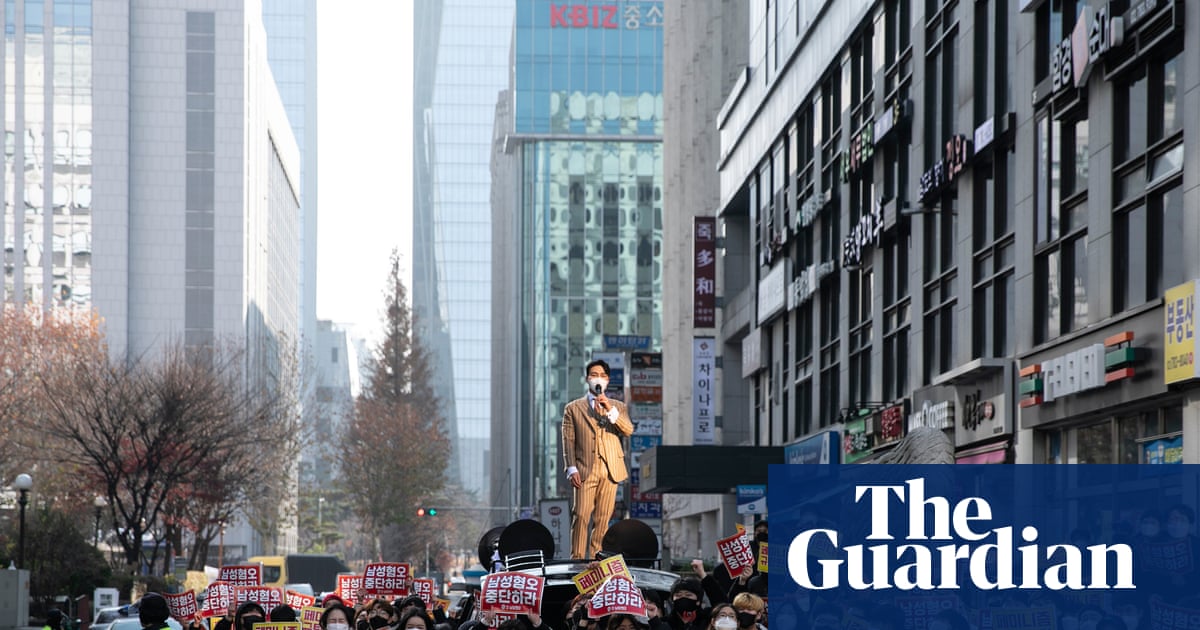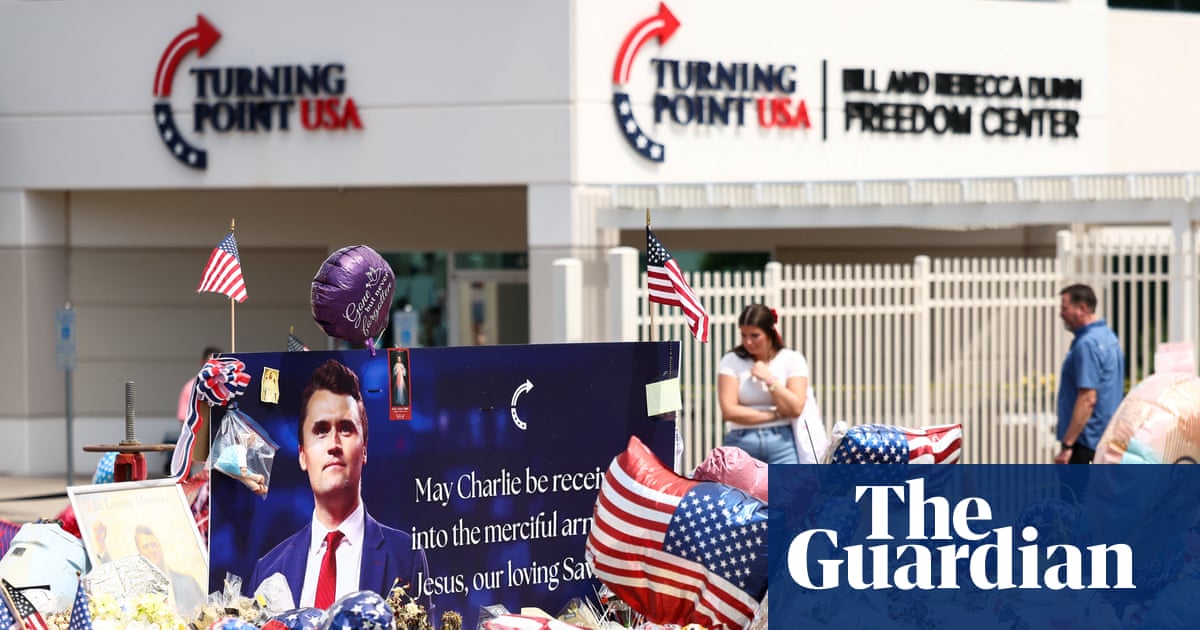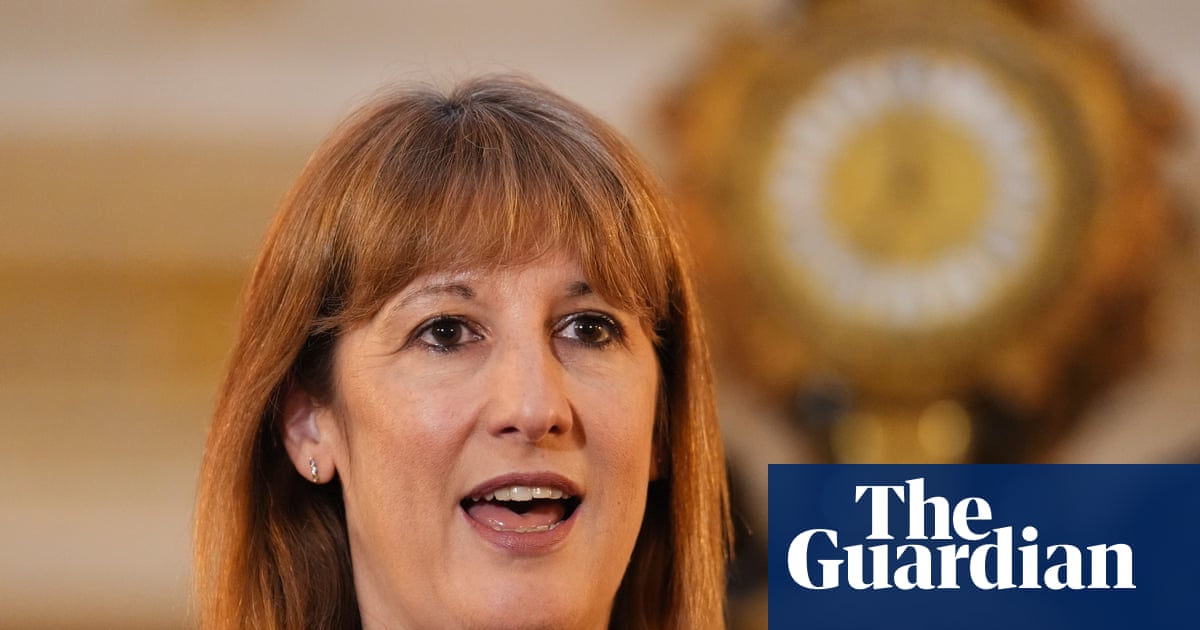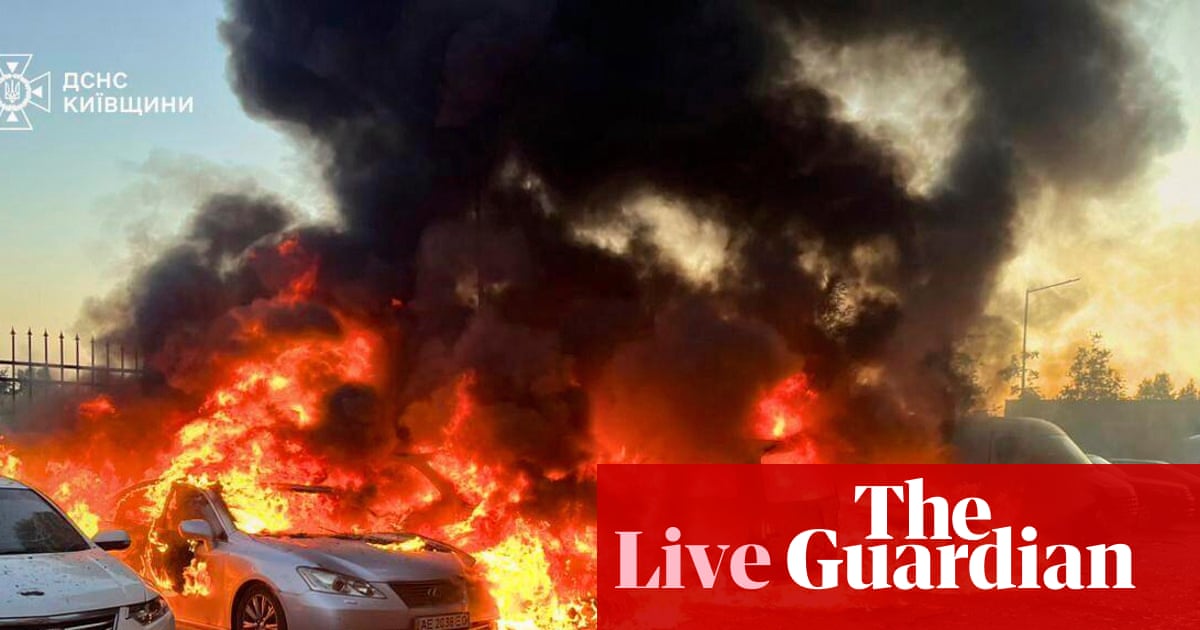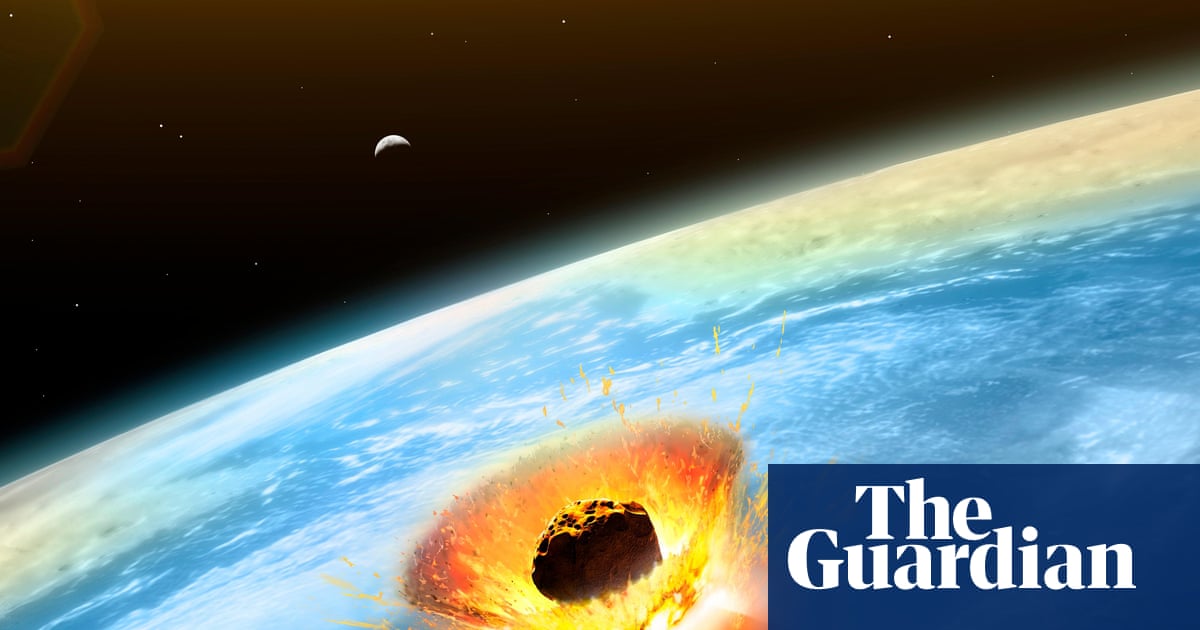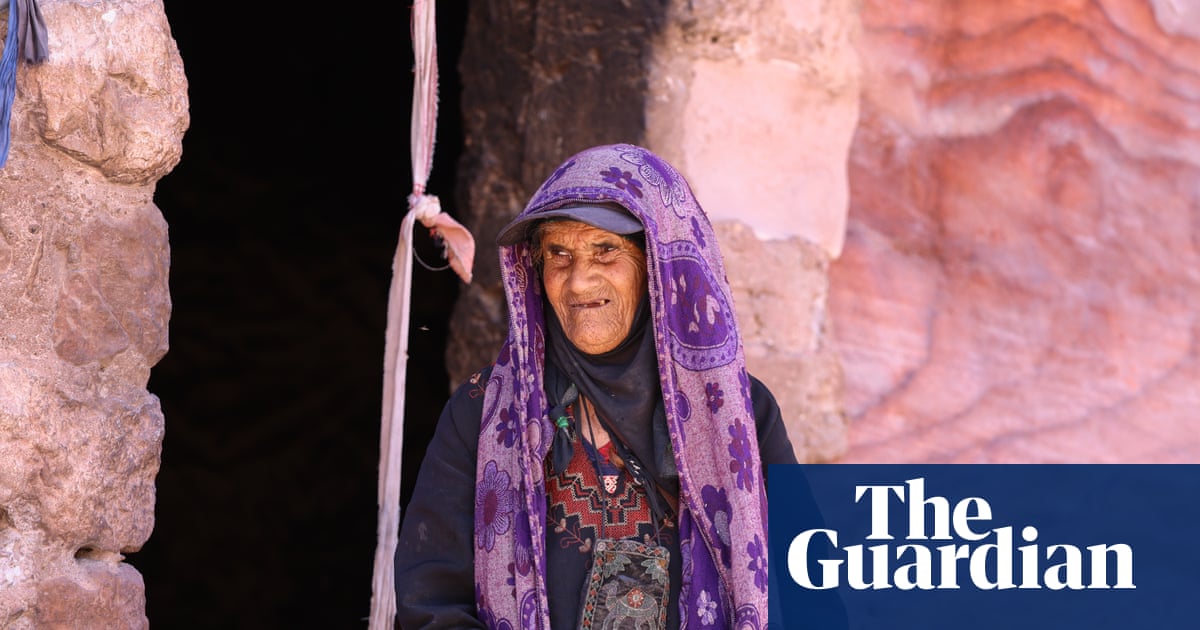“We cannot be asking civilians to go into a combat zone so that then they can be killed with the justification that they are in a combat zone.” It defies belief that the Unicef spokesperson, James Elder, should have needed to spell that out this week. And yet each day Palestinians continue to be killed while attempting to collect aid for their families from food hubs in Gaza, forced to make a lethal choice between risking being shot and letting their families slowly starve. More than 500 have died around the centres since the system was introduced – yet, with attention fixed on Israel’s attacks on Iran, there has been little to spare for recent deaths.
The Israeli military has given shifting accounts of events. But soldiers told the newspaper Haaretz that commanders ordered troops to shoot at crowds that posed no threat. The Israeli prime minister and defence minister attacked the allegations as “blood libels”. Médecins Sans Frontières has accurately described the system as “slaughter masquerading as humanitarian aid”. Meanwhile, Israel has closed crossings into the north.
Overall, Gaza’s health ministry says that 56,331 people have died in Israeli attacks since war began. Researchers who assess war casualties suggested this week that, far from being exaggerated, this undercounts the toll. They estimated that violent deaths had reached 75,000 by this January, with another 8,500 excess deaths due to the war. The toll of hunger has yet to be reckoned.
The ceasefire with Iran has prompted talk that Benjamin Netanyahu may be contemplating an early election, hoping to ride to victory on the glory. That would be tough without the release of hostages and at least the impression of an end to the war in Gaza. Yet it remains unclear whether there is actual movement towards a deal with Hamas. Donald Trump’s hazy vision of a grand deal for the Middle East is built upon a fantasy of Arab state acquiescence without any concrete offer for Palestinians.
Without a proper agreement, the threat of strikes resuming would loom large, there would be no promise that proper aid would follow, and recovery would be impossible. The far-right coalition partners upon whom Mr Netanyahu depends want the “day after” to bring not a resurgence of life but the disappearance of Palestinians from Gaza – and beyond. The surging violence and mass displacements in the occupied West Bank, which have seen 943 Palestinians killed by settlers or security forces since 7 October 2023, have been described as “Gazafication”. Meanwhile, Israel entrenches its control politically.
As Israel’s allies stand by – or, like Mr Trump, spur on horrors such as the food scheme – the necessary destination of a two-state solution is becoming a mirage. Mike Huckabee, the US ambassador to Israel, has suggested openly that the US no longer sees an independent Palestinian state as a goal. European nations, including the UK, which had edged towards recognising one, have backed off since Israel attacked Iran.
A review by the diplomatic service of the EU – Israel’s biggest trading partner – found that the country was probably breaching human rights duties under their trade deal, yet the bloc has not acted accordingly. The Spanish prime minister, Pedro Sánchez, rightly urged the EU to suspend the accord. While the arms and trade still flow, Israel’s allies are complicit in the destruction of lives in Gaza. They must instead make themselves central to building a future for Palestinians in a state of their own.
-
Do you have an opinion on the issues raised in this article? If you would like to submit a response of up to 300 words by email to be considered for publication in our letters section, please click here.

 2 months ago
87
2 months ago
87
